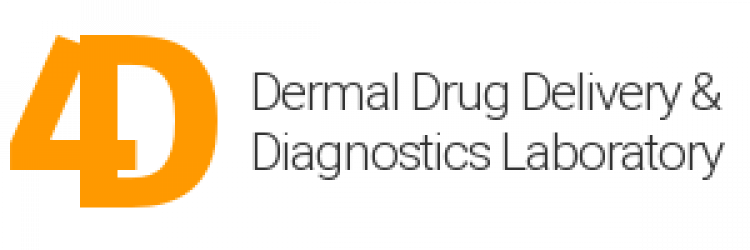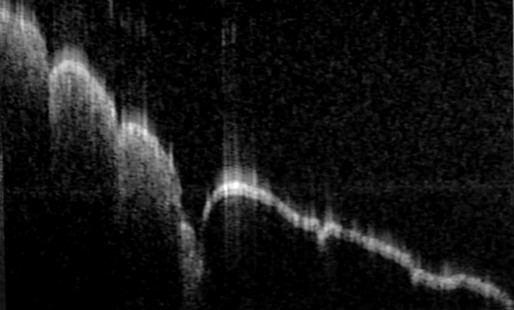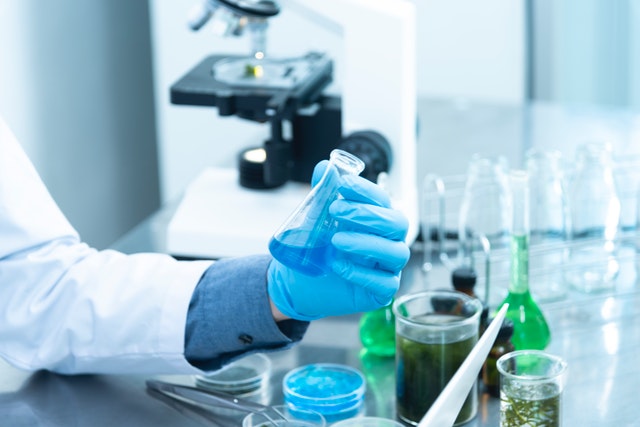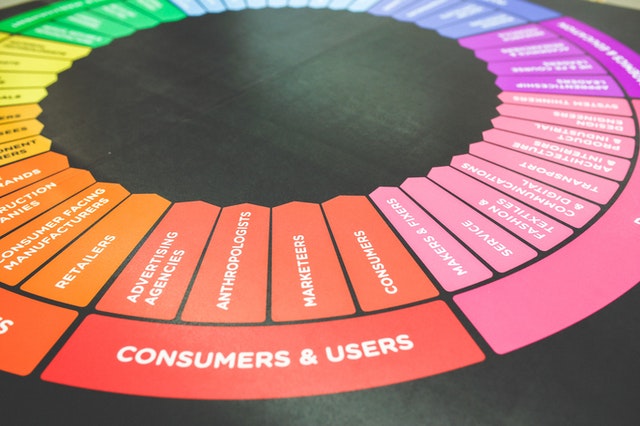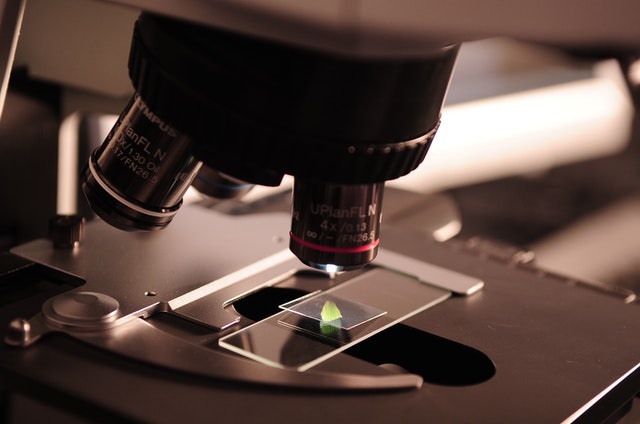What if we could detect or even predict skin cancer with a simple skin swab, before a tumour is even visible?
Our team at Newcastle University is developing this technology, and we’re looking for a passionate PhD student to join us. This is a fully-funded project that sits at the exciting intersection of biology, engineering, and real-world patient impact.
About the Project
Skin cancer is one of the UK’s most common cancers. We’re tackling this by pioneering a gentle, minimally invasive technique that collects molecular information from beneath the skin’s surface. This ‘microsampling’ approach could one day make community screening for skin cancer a simple and accessible reality.
You will be at the heart of this innovation, working to optimise the technique, discover key biomarkers, and test its use in a clinical setting.
This project is a close collaboration with Professor Mark Birch-Machin (Professor of Molecular Dermatology), Dr Andrew Porter of the Newcastle University Protein and Proteome Analysis (NUPPA) facility, and Dr Samantha Hills (Clinical Director at Lynton, the UK’s largest manufacturer of aesthetic, surgical and conservation lasers).
A Unique PhD Experience
This isn’t a standard lab-based PhD. It’s a prestigious MRC DiMeN iCASE studentship, which means you’ll be co-developing this technology with our industrial partner, Lynton.
Your experience will include:
- A dedicated 3-month placement at Lynton, gaining hands-on insight into how medical devices are really made, tested and used.
- Mentorship from a full supervisory team of academic and industry experts.
- Training as part of the DiMeN cohort, joining a network of over 140 PhD students across 5 leading universities the North of England.
Is This for You?
We’re looking for a curious and motivated student with a background in life sciences or biomedical engineering. If you’re driven by the prospect of seeing your work directly improve patient lives and want a PhD that prepares you for a career at the cutting edge of health tech, we want to hear from you.
Ready to Apply?
Find all the details and apply via the official advertisement on FindAPhD.com and DiMeN website. Apply by 4 December 2025, 1 pm (GMT). Enquiries welcome.
Please share this with anyone in your network who might be the perfect fit for this project!
